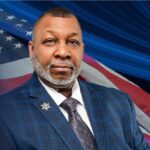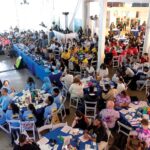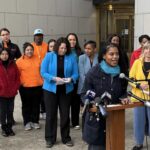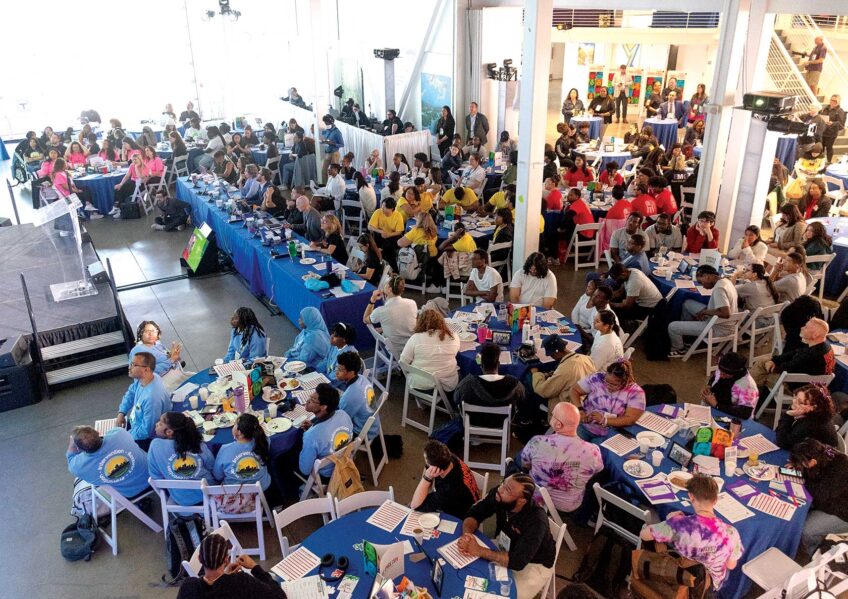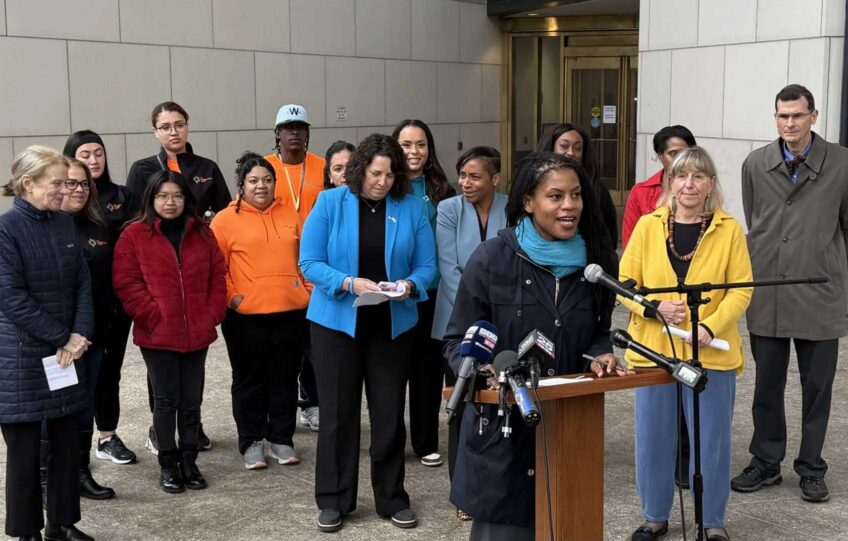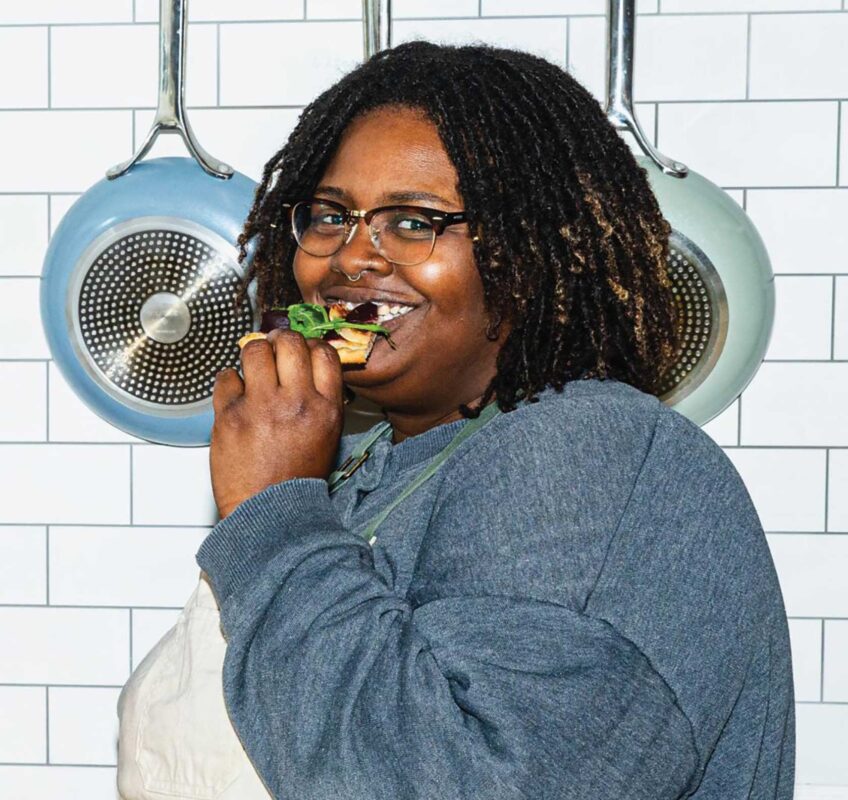The Cambridge panel charged with investigating allegations of police misconduct, already subject to a review by the mayor, will come under further scrutiny from the City Council when it convenes a special meeting later this year to assess its status and effectiveness.
The added layer of inquiry comes as a number of Cambridge residents and elected officials have called the five-member Police Review and Advisory Board understaffed and overwhelmed, unable to keep pace with complaints and hamstrung by second-guessing when its recommendations come before the city manager.
Several appointed members of the board have also questioned why the panel is not represented on the Cambridge Review Committee, the 13-member body appointed in the wake of the controversial July 16 arrest of Harvard Professor Henry Louis Gates Jr. to make recommendations concerning police procedures and community relations.
Adding to the discontent is the fact that a full-time director earning $130,000 annually runs the committee, hastily assembled in the wake of the blockbuster arrest, while the review board has gone over nine months without an executive director.
Frustrated by the review board’s operations and testy relationship with the city manager, the Cambridge City Council on Oct. 5 passed a policy order offered by Councilor Craig Kelley calling for the special meeting to discuss the panel. No date has been set.
That order followed a request by Mayor E. Denise Simmons to provide a review of the board’s record of investigating police misconduct, recommending disciplinary action, and the city’s response in following up on those recommendations.
Meanwhile, a separate community meeting to allow city residents to air their views on the Gates arrest and their experiences with police has been postponed until November, according to City Councilor Kenneth E. Reeves, who is convening the forum in order to allow those most affected by police relations – black men – to be heard.
The forum was originally scheduled for the Elks Club in Central Square next week.
Sparked by the confrontation between Gates and Cambridge Police Sgt. James Crowley at the scholar’s Ware Street home near Harvard Square, the mounting concern over the review board re-opens tensions going back to the formation of the civilian panel in 1986.
Cambridge is nearly unique among U.S. cities to subject its police to review by an independent investigative body. The council created the board on a 5-4 vote after a contentious debate, with provisions, since amended, restricting appointments to residents of certain neighborhoods in the city.
City Manager Robert W. Healy, who has borne the brunt of criticism about the board’s performance, said in an email statement that he has promptly filled board vacancies, provided adequate staffing resources, and carefully monitored the board’s case-load.
“I have also insisted upon increasing professionalism by the Cambridge Police Department and a cooperative relationship between the police department and PRAB (Police Review and Advisory Board), which I believe has been highly successful,” said Healy.
Under Cambridge’s form of city governance, the manager runs the municipality’s day-to-day operations, with policy set by the nine-member city council.
“I am told that there is no serious backlog at PRAB,” said Healy. “All of the 2008 cases have been investigated and closed. There are only nine investigations that have been referred by PRAB during this current calendar year. All of those cases have been assigned for investigation. Of the nine cases referred in 2009, seven cases have been closed and the two remaining are still currently being investigated by members of the Professional Standards Unit.”
Citing ongoing litigation, Healy declined to comment on the board’s make-up and performance in the wake of a lawsuit by the panel’s executive director from 1990 to 2003, Malvina Monteiro, who filed a racial discrimination complaint against the city, was fired, then sued the city for retaliation and was awarded a $4.5 million judgment.
According to Cambridge resident and board watchdog Richard Cleary, Healy dragged his heals on filling board vacancies after Monteiro’s departure. “He basically allowed the panel to wither away,” said Cleary. “It was only when we filed suit that he was forced to fill the positions.”
Disagreements over the past administration of the board pale in intensity, however, to current spats over the apparently overlapping jurisdictions of the board and the well-financed blue-ribbon panel of national experts charged with making recommendations within a four-month time frame.
Board members Richard Peters and Martin Small said they believed the PRAB would sit on the committee formed after the Gates arrest. “They clearly told our chairman that he would serve on the board,” said Peters, a former Cambridge resident now living in Roxbury. However, Healy said he and Police Commissioner Robert Haas told PRAB Chairman Martin Betts that “he would be fully apprised of the activities of the review committee and most likely interviewed by them.”
Betts did not return a call for comment.
“The panel was never intended to be an investigative body, and since PRAB is conducting an investigation, it would be inappropriate to sit on the panel,” said Healy.
According to PRAB investigator Joe Johnson, the review board is investigating three complaints connected to the Gates incident.
In another high-profile case before the board, Harvard Professor S. Allen Counter filed a complaint in which he described being lured outside his Cambridge home, handcuffed, arrested, and taken to a cell on spurious charges that were later dismissed. Counter’s 2006 arrest heightened already tense police relations in Cambridge, otherwise known as a liberal enclave.
Counter last week said that the Police Review and Advisory Board sent him a notification that an investigation into his complaint was underway.
Healy said that he was in the process of filling the sole vacancy on the board and has screened applications for interviews to fill the position of PRAB executive secretary.
For Cambridge resident Lawrence Adkins, president of the Riverside Neighborhood Association, the vacancy couldn’t be filled too soon.
“I went to the office with several neighborhood kids who had bad experiences with the police,” said Adkins, a frequent critic of law enforcement practices in the Cambridge neighborhood bordered by River Street and the Charles River — one of the oldest black communities in the U.S.
“The one individual who was in charge was sick that day,” Adkins said. “I couldn’t file a complaint. There was nobody there. It took three visits before a complaint could be filed. As youth come to me with their concerns, I don’t want to see walls come up — I want them to come down.”
The myriad investigations, panels, boards, inquiries, charges and counter-charges leveled over black-blue relations in Cambridge underscore the intensity of feelings surrounding allegations of police conduct, which reached a fever pitch when President Barack Obama invited Gates and Crowley to the White House for a beer.
“We just want to have a clear and fair process that works for everybody,” said Adkins.

